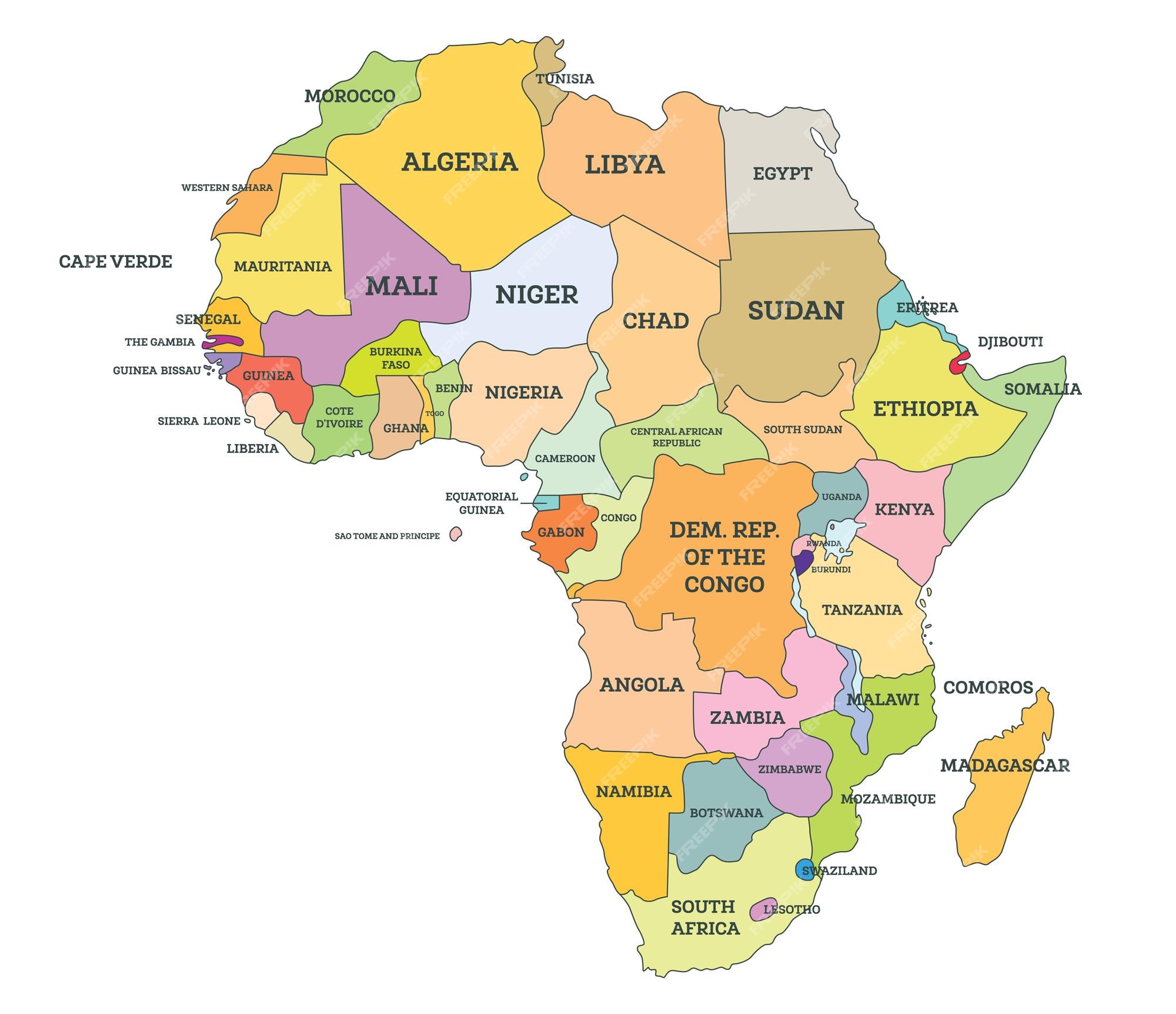The Challenges of Space and the Importance of Ground Testing
Space is an environment unlike any other on Earth. It lacks air, experiences extreme temperature fluctuations, and is constantly exposed to charged particles. These conditions can have a significant impact on spacecraft systems, leading to equipment failure, reduced performance, and shorter mission lifespans. While testing components in orbit might seem like the most accurate approach, it is often impractical due to cost, time, and logistical constraints.
Support kami, ada hadiah spesial untuk anda.
Klik di sini: https://indonesiacrowd.com/support-bonus/
To overcome this challenge, scientists and engineers recreate these harsh space conditions on the ground using specialized vacuum chambers. This process allows for the simulation of the space environment in controlled laboratory settings. My research focuses on designing and fabricating diagnostic tools and support systems that enable precise and reliable characterization of these simulated conditions. The ultimate goal is to ensure that space assets such as satellites, propulsion systems, and scientific instruments are thoroughly tested before they are launched into space.
Key Objectives of the Research
The research aims to achieve several critical objectives:
Improving Spacecraft Reliability and Mission Success
Space assets, including satellites and spacecraft, play a vital role in communication, navigation, defense, and climate monitoring. These systems are expensive and essential for global operations. Ground-based simulations help identify potential issues before launch, reducing the risk of catastrophic failures. This not only saves billions in costs but also ensures the success of missions and the safety of valuable space infrastructure.
Support us — there's a special gift for you.
Click here: https://indonesiacrowd.com/support-bonus/
Supporting the Growing Global Space Economy
As more countries and private companies in regions such as Africa, South America, and Asia expand their space activities, the need for cost-effective ground testing becomes increasingly important. Ground simulation of space environments supports affordable access to space, especially for emerging nations and agencies with limited flight-test opportunities. This empowers new space programs to innovate without being constrained by budget limitations.
Development of Next-Generation Technologies
From lunar exploration to deep-space missions, accurate simulation is crucial for the design and qualification of new materials, thermal systems, and propulsion technologies. Even in low Earth orbit, these simulations help improve system longevity and resilience against the harsh conditions of space.
Economic Opportunities in the Space Sector
According to a report by the European Space Policy Institute, the number of space agencies has grown exponentially over recent decades. In just the past five years alone, more than ten countries have established their national space agencies. This trend reflects a growing global interest in space exploration and utilization.
The 2024 insight report by the World Economic Forum titled “Space: The $1.8tn Opportunity for Global Economic Growth” highlights the increasing significance of the space economy. The report states that the space economy is transitioning from a niche sector to a mainstream driver of economic growth, creating value across multiple industries and addressing global challenges.
The space economy is projected to reach $1.8 trillion by 2035, up from $630 billion in 2023, growing at an average of nine percent annually—far outpacing the growth rate of global GDP. This growth will be driven by space-based technologies such as communications, positioning, navigation, timing, and Earth observation. As a result, there is a rising demand for technical expertise and testing facilities to develop and launch new space technologies.
Implications for the African Space Programme
This research has direct applicability to the African space programme, offering several key benefits:
Building Local Testing Capacity
By establishing local testing capabilities, African countries can reduce their reliance on foreign infrastructure and accelerate innovation within the region. This fosters self-sufficiency and strengthens the development of indigenous space technologies.
Supporting Strategic Goals
The research supports the strategic goals of African space agencies by enhancing indigenous space capability in both the public and private sectors. Through the provision of testing platforms, this research enables the development of technologies that address pressing challenges such as climate change, disaster management, agriculture, education, and connectivity.
Enhancing Global Collaboration
With advanced ground-testing capabilities, Africa can play a more prominent role in international space missions and joint scientific initiatives. This opens opportunities for meaningful contributions to the global space community and positions African nations as key players in the future of space exploration.
This research is conducted by Wie-Addo at Missouri University of Science and Technology in Rolla, USA.







